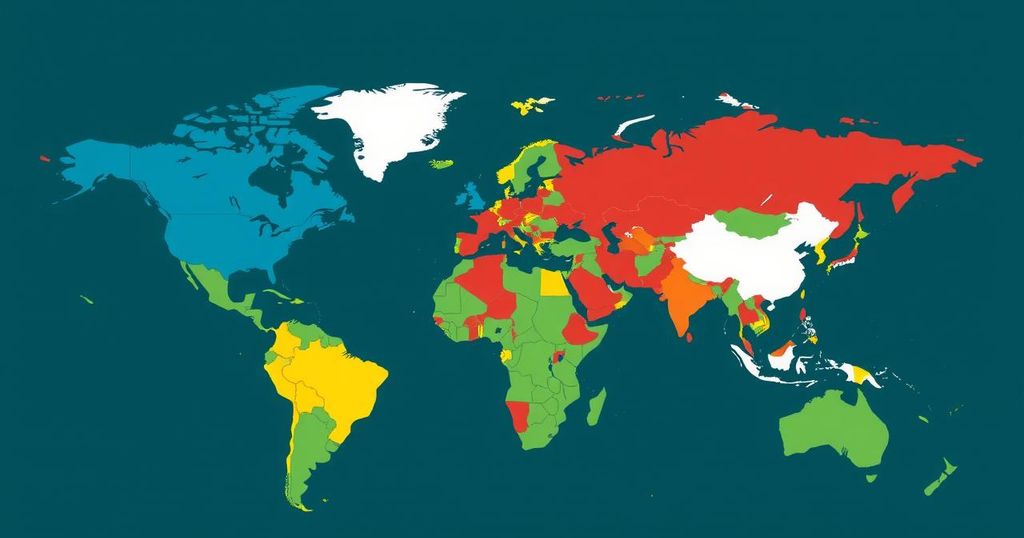The G24 group has urged wealthier nations to significantly enhance their financial contributions to assist developing countries in addressing climate change and development challenges. They advocate for funding above the $100 billion target planned for COP29 and highlight the urgency of implementing the Loss and Damage Fund to support affected nations. Without bold actions, the progress on poverty eradication and climate goals is at risk.
According to the G24 group of nations, comprising various emerging market and developing economies, wealthier countries must significantly increase their financial contributions to assist with climate and development issues faced by these nations. In a statement released during their gathering at the International Monetary Fund (IMF) and World Bank Annual Meetings in Washington, the G24 emphasized that the global community is not adequately meeting its climate and development objectives, nor providing essential financial aid to assist developing nations in achieving these targets. The G24 representatives emphasized the need for substantial financial support to tackle climate change, exceeding the previously established target of $100 billion per year, scheduled for discussion at the upcoming COP29. This funding is critical as it derives mainly from industrialized nations that have historically contributed to global warming, such as the United States, members of the European Union, and Japan. Furthermore, the group expressed anticipation for expedited progress regarding the Loss and Damage Fund, which aims to provide compensatory financial support to developing countries affected by climate-related damages primarily induced by wealthier nations. As discussions regarding the new collective quantified goal (NCQG) advance in preparation for COP29 in Baku, Azerbaijan, the G24 highlighted the uncertainty surrounding the final financial commitments. Philippines Secretary of Finance and G24 chair, Ralph Recto, underscored the urgency of taking bold measures, warning that without swift action, years of efforts to alleviate poverty and combat climate change could be jeopardized or even reversed.
The topic of climate finance has garnered significant attention, particularly as it relates to the responsibilities of developed nations in supporting developing economies. The G24 group, which includes countries like Argentina, Ghana, Nigeria, and the Philippines, advocates for increased financial commitments from wealthier nations to aid in tackling the pressing challenges presented by climate change. This support is seen as essential to maintaining and advancing the progress made on climate and development goals, which are threatened by insufficient funding and resources. The call for financial contributions is tied to upcoming negotiations at COP29, where new commitments are slated to be determined amid growing concerns over climate impacts in vulnerable regions.
In conclusion, the G24 group has called upon richer nations to enhance their financial support for developing countries in order to effectively address climate change and related development challenges. The message is clear: without sufficient funding, the progress made in combating poverty and climate change can be severely undermined. The discussions and negotiations at COP29 will be crucial in determining the future financial commitments necessary for these global challenges.
Original Source: www.barrons.com






